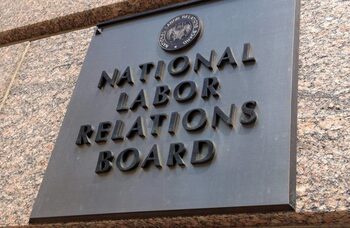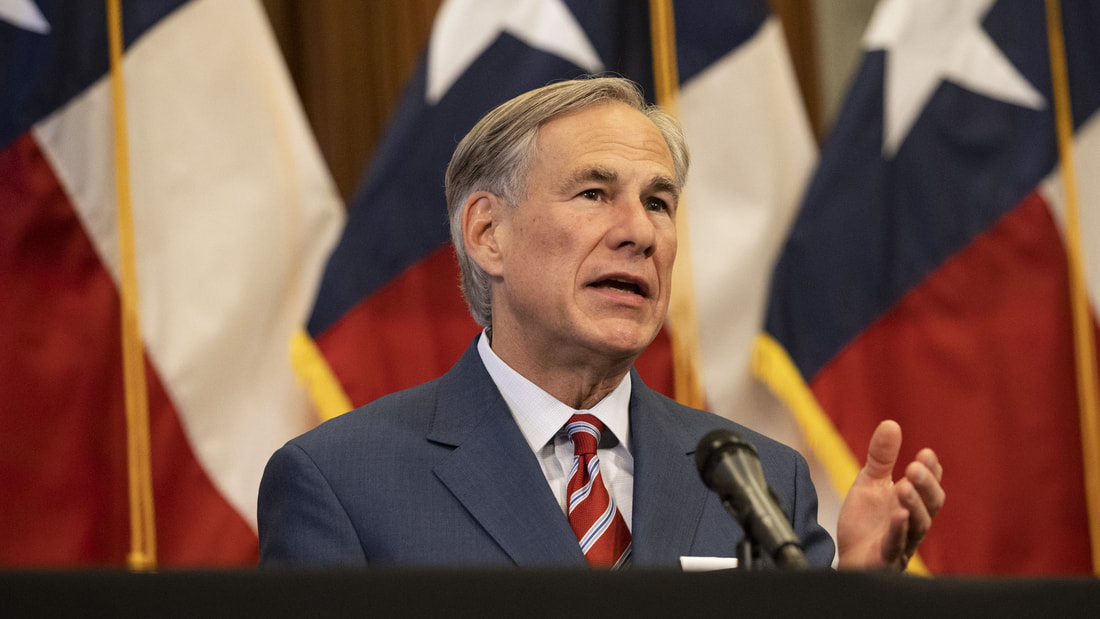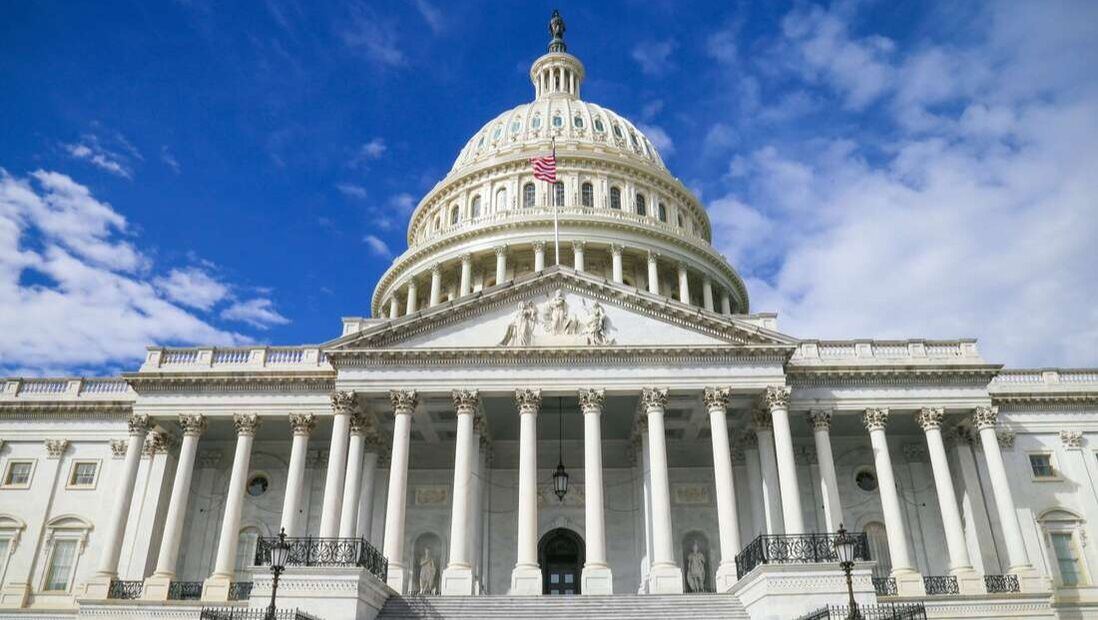Employee Status
- Velox Express, Inc., 368 NLRB No. 61 (2017), where the Board refused to find a violation based on an employer misclassifying drivers as independent contractors.
- Brevard Achievement Center, Inc., 342 NLRB 982 (2004), where the Board declined to extend the Act’s coverage to individuals with disabilities on the grounds that they were not employees within the meaning of Section 2(3) of the Act when working in a rehabilitative settin.
- Toering Electric Co., 351 NLRB 225 (2007), where the Board required a showing that an individual is someone genuinely interested in seeking to establish an employment relationship to prove entitlement to Section 2(3) status as an employee under the Act.
Employer Duty to Recognize and/or Bargain
- The George Washington University Hospital, 370 NLRB No. 118 (2021), where the Board found surface bargaining lawful.
- Dubuque Packing Co., 303 NLRB 386 (1981), where the Board announced a new test in a refusal to furnish information related to a relocation whereby the burden is on the General Counsel to establish that the employer’s decision involved a relocation of unit work unaccompanied by a basic change in the nature of the employer’s operation.
- Shaw’s Supermarkets, Inc., 350 NLRB 585 (2007), where the Board permitted mid-term withdrawals of recognition where they occur after the third year of a contract of longer duration. Abruzzo explicitly noted the possibility of overruling this decision.
- Joy Silk Mills, Inc., 85 NLRB 1263 (1949), where the Board held an employer could refuse to bargain with a union that claimed a majority of authorization cards only if the employer had a “good faith doubt” about the union’s claimed majority status.
Employees' Section 7 Right to Strike and/or Picket
- Hot Shoppes, 146 NLRB 802 (1964), where the Board addressed an allegation that an employer’s permanent replacement of economic strikers had an unlawful motive
- Wal-Mart Stores, 368 NLRB No. 24 (2019), where the Board broadly defined an intermittent strike
- Preferred Building Services, Inc., 366 NLRB No. 159 (2018), where the Board found employees picketed with a secondary object and lost the Act’s protection when they protested sexual harassment and unsafe working conditions
- Service Electric Co., 281 NLRB 633 (1986), where the Board allowed an employer to unilaterally set terms and conditions of employment for replacements even where those terms are superior to those that had been paid to striking unit employees
Employer Interference with Employees' Section 7 Rights
- Tri Cast, 274 NLRB 377 (1985), where the Board approved employer statements that employee access to management will be limited if employees opt for union representation
- Crown Bolt, 343 NLRB 776 (2004), where the Board presumed dissemination in cases involving an employer’s threat of plant closure where there is little evidence of dissemination to other employees
- Cordua Restaurants, Inc., 368 NLRB No. 43 (2019), where the Board found, among other things, that an employer does not violate the Act by promulgating a mandatory arbitration agreement in response to employees engaging in collective action
What to Expect
With the recent appointments of Gwynne Wilcox and David Prouty, both union lawyers, and this new General Counsel set on returning the rights the prior administrations stripped from unions across the country, employees and unions can look forward to much needed changes.




























 RSS Feed
RSS Feed